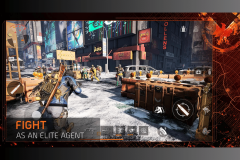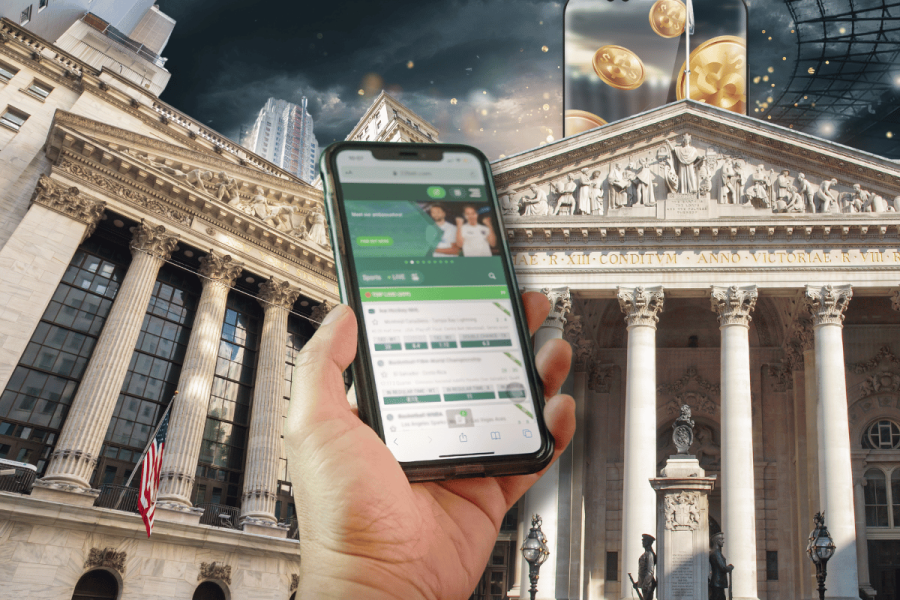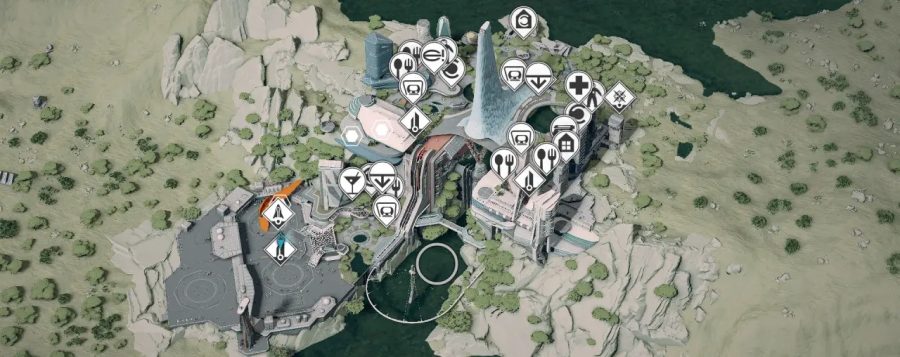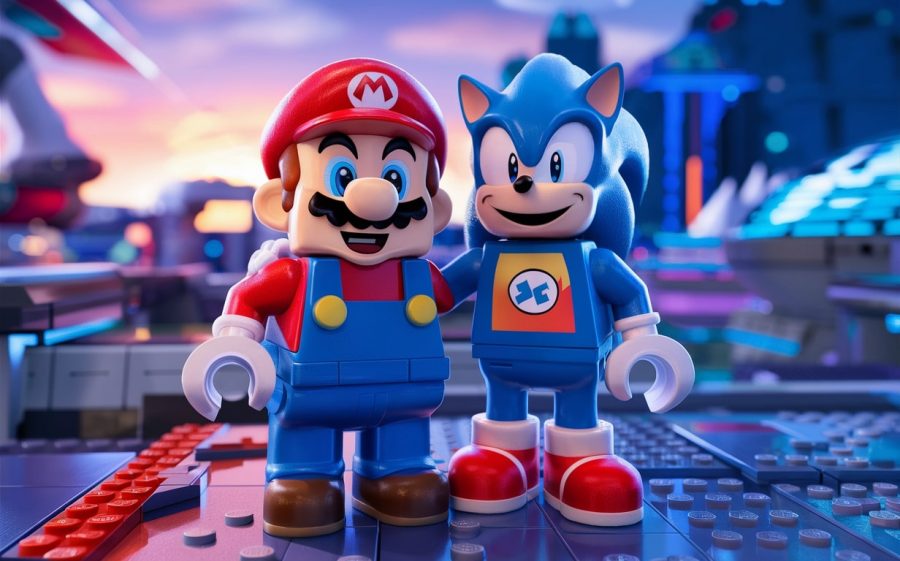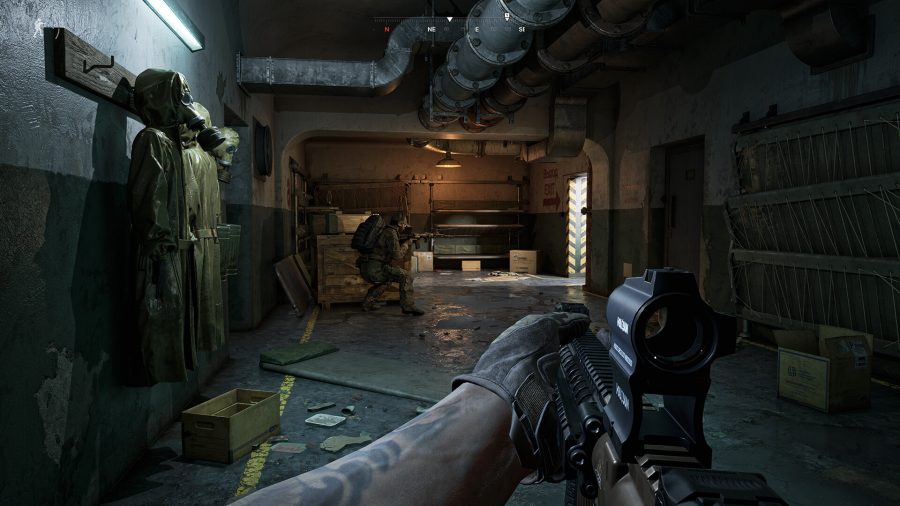What happens when the LBS-addicted leave the relative hustle and bustle of city life for the quiet of the countryside? Do you toss aside Gowalla, Foursquare, Brightkite and the like, only opening them when you venture into town and find a check-in? Or does the location-based game take on an entirely different meaning when you’ve entered the virgin territory, the land where no Gowalla geek has gone before?

I did just that a month ago, moving from Austin, TX to a tent on the Quiet Valley Ranch, home of the Kerrville Folk Festival for the past 39 years, and immediately found myself wondering how else I might use what had become one of my favorite iPhone applications in my former, more urbanized life.
The town of Kerrville itself has places to check-in to on Gowalla like any other small city – restaurants, movie theaters, malls, doctors, and so on. But on average, I only make it into town once a week or so. What about the rest of the time?
To Tag Or Not To Tag, That Is The Question
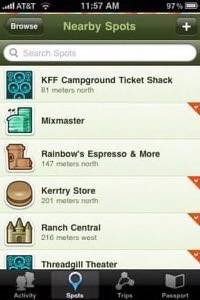
The ranch is home to an 18-day-long festival that’s been happening every year since the early 70s and, as such, has a multitude of “places” scattered across its 26-something acres. Some are simple and obvious places to begin “geo-taggin” (as I’ve taken to calling it) – like the “
” or the “
” – while others are more ethereal, like my friend’s so-called “
“, which we both debated over tagging. After all, once it was tagged, would it be secret anymore? Another friend, who had an espresso machine at his camp, was quick to be the first to geo-tag his camp, naming it “
“.
Immediately, we were hit with questions of this sort – what to tag, what not to tag, and even if the can of worms should be opened up in the first place. Do we want all of these spots publicly tagged, with GPS coordinates, available for all to see on the Internet? The answer, however, quickly became clear to be an emphatic “yes”. After all, there is no real way to stop someone else from geo-tagging a location, as long as it’s publicly accessible and the people accessing that spot can bring their smartphone with them.
Geo-Tagging: A New, Yet Old, Form Of Control
In the rules of this new game, this interpretation of Gowalla or any other LBS that allows you to create new check-in points, the new way to “win” is to be the first to create that spot. Why, you may ask? Because in creating the check-in, you not only get the chance to control the name of that location, but also the description.
The “KFF Campground Ticket Shack”, for example, includes a description stating that it is “Where to buy wristbands when entering the campground at the Kerrville Folk Festival. May 27 to June 12 2010.” I didn’t mention it, but I run the volunteer ticket sales operation for the festival, so geo-tagging the ticket shack seemed like an important step. Not only do I get to control the name, the specific location and the description, but I make sure that it exists.
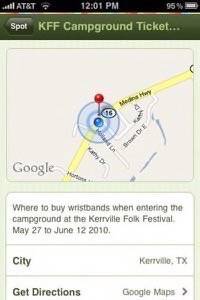
It felt like an act that more and more business owners will be including in their strategy in the very near future – exerting control not only over your online reputation and persona, but your geo-locational identity as well. Being first to tag your location gives you control over those factors and helps to insure that others will check-in to that location, rather than others or create their own. What could happen if someone else gets there first? They could misspell something, give wrong information or even offer a slanderous message and in many ways alter or hurt a business’ brand.
Moving Beyond Basic Uses
Outside of the business arena, entering this virgin territory also allowed for more creative uses of what, in the city, had become a more utilitarian app, one I most often used to find friends and tell others where I was. Here, I rarely stray beyond the fence-line of the ranch and even still, only one other person here has an iPhone, so who would I be notifying? Upon creating a new location, I would check-in and post it to my Facebook, where most of my real-life friends are. Many of them would comment and get a kick out of it, but the standard uses were quickly tossed out the window.
In addition to being a geo-tagging pioneer, of sorts, I soon realized that Gowalla could also be used to share experiences in relation to location. A bicycle ride one afternoon, for example, lead me to the top of a rather steep hill several miles south of the ranch. Upon reaching the top (I’d always wanted to ride to the top and considered it a challenge) I pulled out my iPhone, created a new location called “View From A Real Big Hill On 16” and snapped a picture. I was immediately able to share the experience in a number of ways, preserving it as something for others to experience in the future.
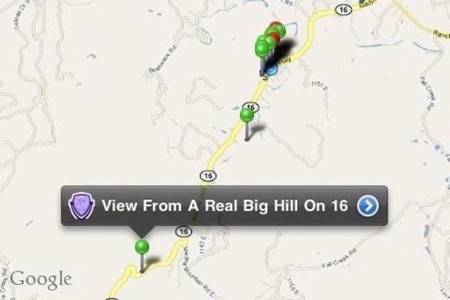
Since first discovering these new approaches to using Gowalla and other such LBS games, several of us here on the ranch have discussed other uses. Gowalla’s “trips”, for example, would be a great way to guide the more technologically advanced festival goers to key locations on the ranch. Or all the prime, public and legal swimming spots in the area could be marked out and shared. In the end, my encounter with the unnamed, uncharted and unspecified geo-locational Gowalla frontier proved to me that the future of LBS is not in the trading of virtual mocha lattes, but in the very real interaction with place and time that services such as these can provide.
